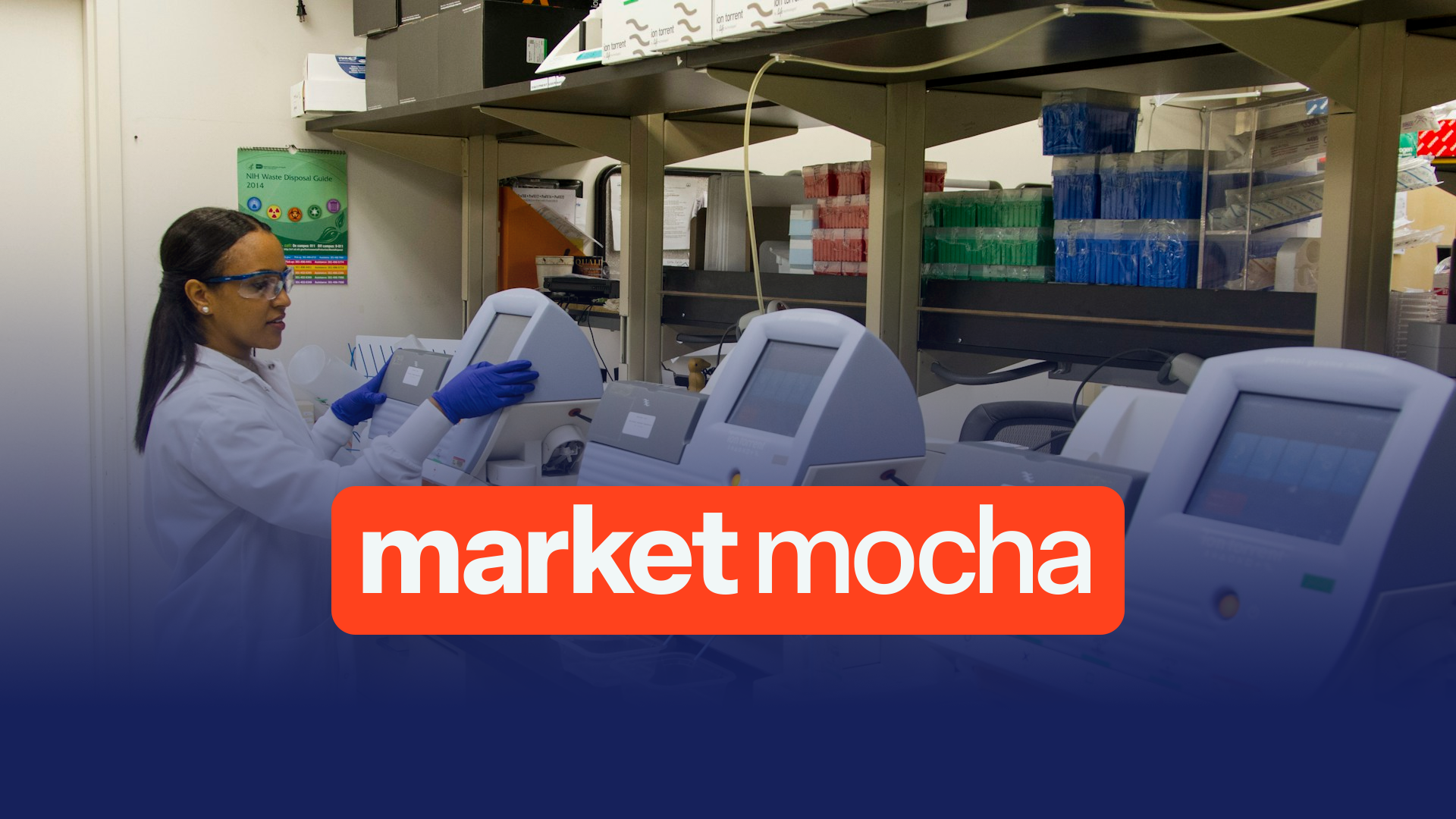After a period of sluggish deal activity, mergers and acquisitions in the biotechnology sector are showing signs of recovery. While 2023 and much of 2024 saw a decline in dealmaking—largely due to higher interest rates, regulatory scrutiny, and large pharmaceutical firms integrating past acquisitions—recent developments suggest renewed momentum.
The downturn was not unique to biotech investment but was influenced by sector-specific challenges. Higher borrowing costs made financing acquisitions more expensive, while regulatory authorities increased scrutiny of large pharmaceutical takeovers. Additionally, major companies had already executed large deals in previous years, leading to a temporary pause in further acquisitions.
However, late 2024 and early 2025 have seen a shift. Notably, Johnson & Johnson’s $14.6 billion acquisition of Intra-Cellular Therapies marked the largest biotech buyout in over a year. Other major pharmaceutical firms are also exploring deals to strengthen their drug pipelines, particularly in neurology, oncology, and autoimmune disorders.
Several factors are contributing to this renewed activity. Some biotech companies have reported improved financial performance, making M&A a more attractive option. A strong pipeline of promising drug candidates, particularly in oncology, immunology, and neuroscience, is driving investment. Companies are also acquiring firms to reduce reliance on single blockbuster drugs and gain access to new technologies.
While M&A activity can accelerate innovation by pooling resources and expertise, the recent rebound does not necessarily indicate a boom in personalized medicine or gene therapy. Instead, the biggest deals have focused on expanding neurology and autoimmune treatment portfolios. Additionally, biotech innovation does not solely depend on acquisitions. Venture capital, initial public offerings, and strategic partnerships continue to fund research and drug development, even during periods of lower M&A activity.
The resurgence in biotech M&A suggests that confidence is returning to the sector. While challenges such as regulatory approvals and pricing pressures remain, dealmaking is likely to continue as companies seek to strengthen their positions in high-growth therapeutic areas. However, the focus of recent deals suggests a shift toward neuroscience and autoimmune diseases rather than a sweeping revival across all biotech segments.





